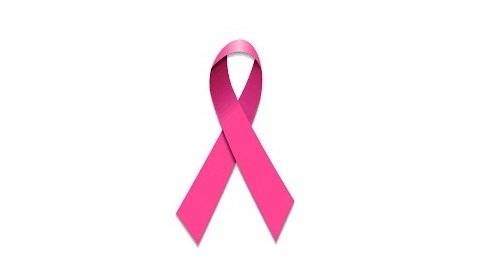
Enhertu becomes the first ADC to be approved for treating breast cancer in the EU
Japanese pharmaceutical major Daiichi Sankyo and British Swedish drug
Multinational AstraZeneca have recently announced that the duo’s
trastuzumab deruxtecan, marketed as Enhertu, has received approval from
the European Union for treating unresectable or metastatic HER2 low
breast cancer, who have received prior chemotherapy and redeveloped the
disease within six months.
In a statement released recently, the companies stated that the approval makes Enerthu the first antibody-drug conjugate (ADC) to be approved in Europe after trial results showed that the treatment reduced the chances of death or disease progression by 50% compared to chemotherapy treatment.
Commenting on the development, Dr Javier Cortés, head of the International Breast Cancer Center (IBCC), in Barcelona, Spain, said, “The European approval of Enhertu in the HER2 low metastatic breast cancer population marks the first time we will have the opportunity to treat patients with lower levels of HER2 expression with a HER2 directed therapy.”
“Enhertu has shown a significant improvement in outcomes compared to chemotherapy for these patients, reinforcing its potential to become a new standard of care,” he added.
Announcing the approval, President and CEO of Daiichi Sankyo, Ken Keller, who also heads the global oncology business of the company, said, “The approval of Enhertu in HER2 low metastatic breast cancer represents a significant clinical advance for patients in Europe with both HR-positive and HR negative disease who previously have had limited treatment options in the late-line setting.”
“This milestone also supports our vision to bring Enhertu to more patients across the HER2 spectrum, which requires a change to the breast cancer classification system that has been guiding treatment for more than two decades,” he added.
“Historically, patients with breast cancer who have tumours with low levels of HER2 expression have been classified as HER2 negative, giving them limited treatment options beyond chemotherapy,” Dave Fredrickson, Executive Vice President of the oncology business unit at AstraZeneca, said.
“This approval reinforces the important role Enhertu may have for patients with HER2 low disease and highlights the need to evolve the way breast cancer is treated to improve patient outcomes,” he added.
| - EU approves Daiichi’s Enhertu for treating HER2-positive advanced gastric cancer The European Union has approved Daiichi Sankyo and AstraZeneca’s monoclonal antibody conjugate, trastuzumab deruxtecan, the treatment of advanced HER2 positive gastric cancers |
| - FDA grants Enhertu fifth Break Through Designation USFDA has granted Break Through Designation for Enhertu an antibody-drug conjugate for the treatment patients with unresectable or metastatic HER2-low breast cancer. |
- Type 2 diabetics more likely to die from cancer finds new UK study In a new study, researchers from the United Kingdom found that cancer mortality among people suffering from type 2 diabetes is substantially higher than among the general population. |
Following the approval in the EU, Daiichi is expected to get 150 million dollars from AstraZeneca as a milestone payment in HER2 low metastatic breast cancer, as agreed upon by the companies in 2019.
HER2 is a protein found in many tumours, including breast, gastric, lung and colorectal cancers, and is one of many biomarkers expressed in breast cancer tumours.
Breast cancer is the most common cancer and is one of the leading causes of cancer-related deaths worldwide, with over two million breast cancer cases diagnosed in 2020, which claimed nearly 685,000 lives globally that year.